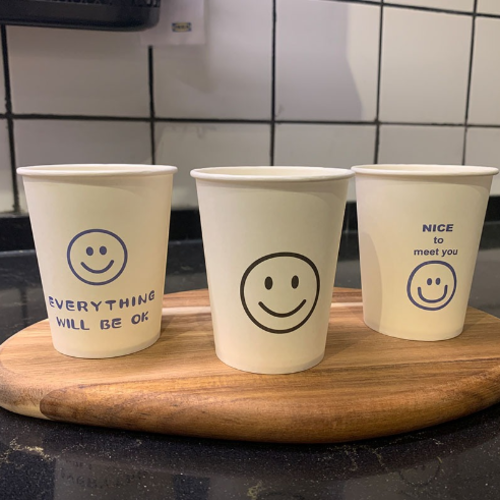The Rising Importance of Sustainable Disposable Food Packaging
In recent years, the food industry has witnessed a significant shift towards sustainable practices, with disposable food packaging at the forefront of this revolution. As environmental concerns grow, the demand for eco-friendly packaging solutions is becoming increasingly critical. Disposable food packaging, once seen as a necessary evil, is now being re-evaluated through the lens of sustainability.
The convenience of disposable food packaging cannot be overstated. It allows for quick meals, easy transport, and cleanliness in food service. However, the environmental cost of traditional packaging materials, particularly plastics, has raised alarms globally. Single-use plastics contribute to landfill overflow, ocean pollution, and the degradation of ecosystems, prompting consumers and businesses to seek alternatives that mitigate these issues.
Innovations in biodegradable and compostable materials are transforming the disposable food packaging landscape. Manufacturers are now producing packaging solutions made from plant-based materials, such as cornstarch, mushrooms, and even seaweed. These materials decompose naturally, reducing the long-term impact on the environment. For instance, PLA (polylactic acid) is a popular biodegradable plastic derived from renewable resources that can serve as a viable alternative to petroleum-based plastics.
disposable food packaging

Moreover, companies are beginning to embrace reusable packaging systems, where customers are encouraged to return containers for cleaning and re-use. This model not only minimizes waste but also fosters a sense of community and accountability among consumers. Some businesses even offer incentives for returning packaging, further promoting sustainable practices.
Government regulations are also playing a crucial role in shaping the future of disposable food packaging. Many countries are implementing bans on single-use plastics and encouraging businesses to adopt more eco-friendly practices. These regulatory measures not only compel companies to change their packaging strategies but also raise consumer awareness about the importance of choosing sustainable options.
Furthermore, the rise of eco-conscious consumers is driving demand for sustainable packaging solutions. Today's consumers are more educated and concerned about their environmental footprint than ever before. They actively seek brands that prioritize sustainability and are willing to pay a premium for products that reflect their values. This trend is prompting food businesses to rethink their packaging choices and explore innovative alternatives that align with consumer preferences.
In conclusion, the evolution of disposable food packaging is a testament to our growing awareness of environmental issues and the need for sustainable practices. As innovations in biodegradable materials and reusable systems take root, the food industry is on the path to reducing its ecological impact. With government support and consumer demand steering the way, the future of disposable food packaging promises to be both convenient and environmentally responsible. Embracing this shift not only benefits the planet but also fosters a healthier, more sustainable relationship between consumers and the food they enjoy.



